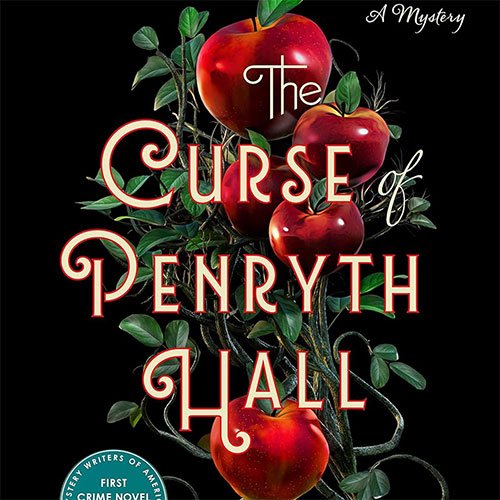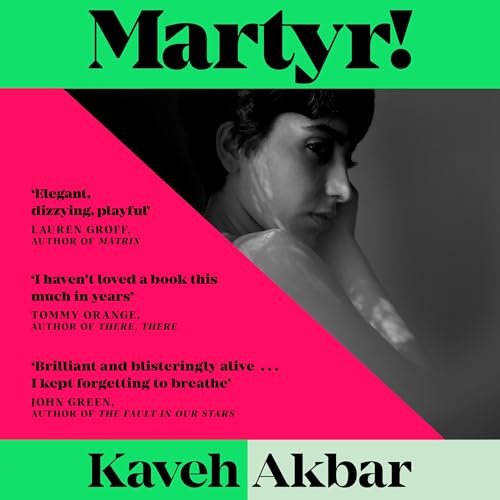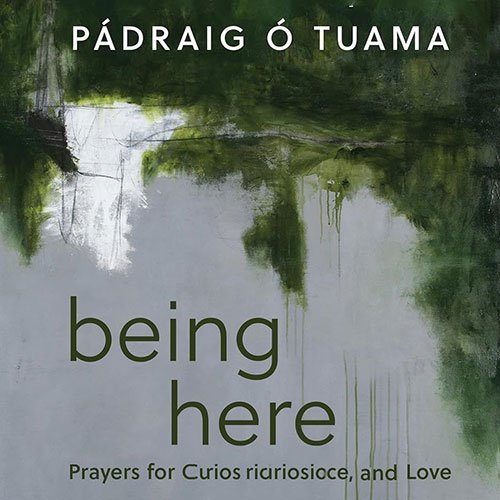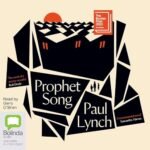“The Curse of Penryth Hall” by Jess Armstrong, a novel steeped in the atmospheric nuances of the gothic mystery genre, has elicited a spectrum of reviews, each shedding light on the book’s merits and areas where it falters.
Set against the brooding backdrop of the Cornish countryside, the narrative introduces Ruby Vaughn, an American heiress with a penchant for rare books. The plot thickens as Ruby finds herself entangled in a web of mystery involving her close friend Tamsyn, Tamsyn’s spouse Sir Edward, and a mysterious local figure, Ruan Kivell, who is rumored to be a witch. The eerie setting of Penryth Hall, shrouded in rumours of a curse, further intensifies the story’s mystique.
Critics have lauded the book for its captivating gothic ambience, drawing parallels to renowned classics such as “The Hound of the Baskervilles” and the literary works of Daphne du Maurier. The Cornish setting is more than just a backdrop; it is imbued with a rich tapestry of superstitions and folklore, lending a tense and shadowy atmosphere to the unravelling mystery. The central theme of the curse weaves through the plot, presenting a dichotomy between supernatural elements and potential human involvement in the strange occurrences that unfold.
The protagonist, Ruby Vaughn, emerges as a figure of intrigue and complexity. Her brash demeanour, shaped by her experiences in the First World War and personal losses, paints her as a bold figure unafraid to defy societal norms. Yet, this very boldness has polarized readers’ opinions. Some reviewers have found her character to be refreshingly audacious and strong-willed, while others perceive her as overly arrogant, making it challenging to empathize with her. Her interactions with other key characters, such as Tamsyn and Ruan, serve to add depth and nuance to her persona and to the narrative.
Ruan Kivell, characterized as the local Pellar or witch, injects an intriguing mystical element into the story. Described as an engaging and affable character, Ruan brings a unique flavour to the plot, particularly in his evolving dynamic with Ruby. This relationship, which hints at potential romantic undertones, adds an additional layer of complexity to the story, though this subplot remains somewhat embryonic in the current book.
The narrative is marked by a well-paced plot interspersed with numerous red herrings, effectively maintaining the mystery’s allure. However, some critics have pointed out that the novel could have delved deeper into certain aspects, particularly the further development of Ruby’s character and the exploration of the magical elements within the story. These perceived shortcomings have left some readers yearning for more detailed resolutions and character arcs.
In essence, Jess Armstrong’s “The Curse of Penryth Hall” is a notable debut that skillfully blends a gothic atmosphere with a compelling mystery and intricate character dynamics. Despite its few drawbacks, particularly in terms of character development and narrative pacing, the novel stands as an admirable contribution to the gothic mystery genre. The varied reviews underscore that the novel’s appeal may be particularly strong for those who revel in atmospheric settings and complex protagonists, even when such characters present a challenge to conventional sympathies and expectations.
Sources: PhDiva, Shelf reflection, The Story Eater, bookreporter, Reedsy









